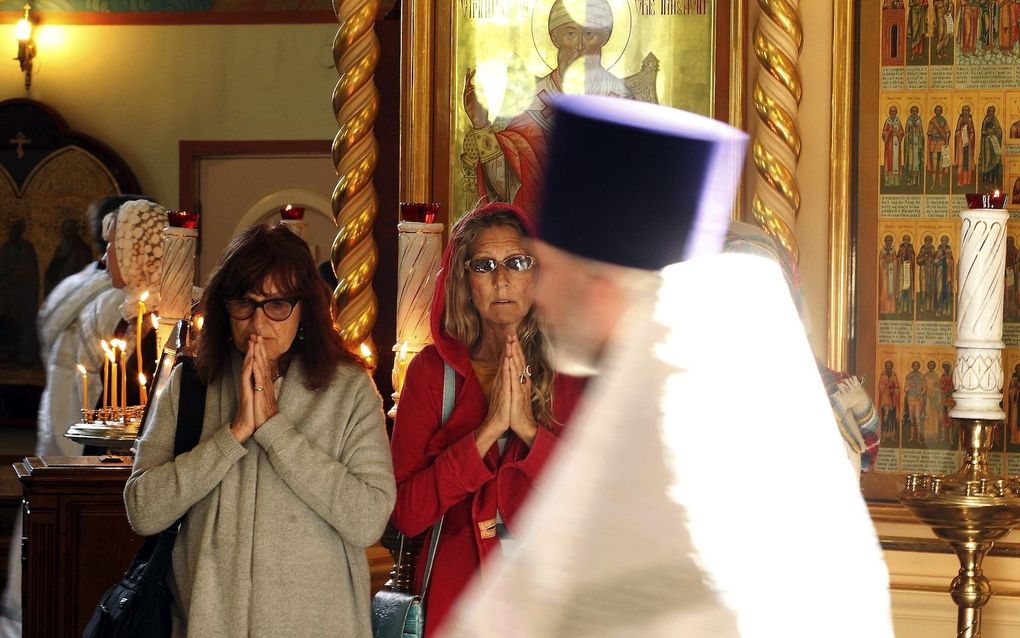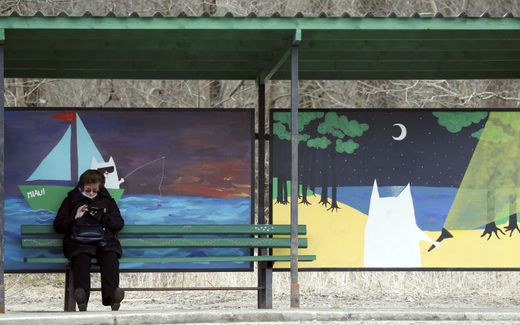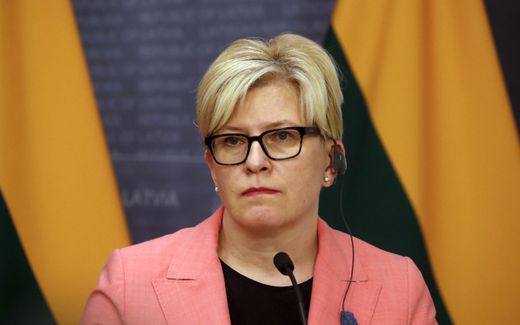President of Latvia tries to cut Russian ties with Orthodox Church

Orthodox church in Riga, Latvia. Photo EPA, Toms Kalnins
Eastern Europe
The war in Ukraine has led Latvia to think twice about its relationship with the Russian Orthodox Church.
Latvian President Egils Levits and its Minister of Justice submitted a draft bill requiring the Latvian Orthodox Church to sever its ties with Russia and establish its independence (autocephalous) status. The law is intended to “reflect and “strengthen” the church from any outside influences or powers outside of Lativa, Levits said to Public Broadcasting of Latvia (LSM).
Levits discussed the legislation with all authorities and has asked the Latvian parliament (Saeima) to adopt it soon. The bill comes as a result of Russia’s war against Ukraine and the support for this from the Russian Orthodox Patriarch, Kirill.
Despite presidential justification for shielding it from Russian influence and for protecting the country’s national security, concerns continue to grow.
Church and state
Prof. Valdis Teraudkalns (University of Latvia) is very critical of the presidential plan. The theologian does not support Patriarch Kirill but views the proposed law as “interfering with the separation of church and state in Latvia.” If the bill is passed, congregations would be forced to remove prayers for the Patriarch of Moscow from their services, which would be unlawful within the church. La Prensa Latina reports this based on EFE.
Teraudkalns also said that the state’s overreach reminds him of a time in the Soviet area when the Latvian state wanted “to break ties” with the Pope and the Catholics in Rome. In “secular democratic countries,” church ties with specific authorities should be “an internal matter.”
“It is up to the Latvian Orthodox Church to continue or break its ties to Kirill through procedures inside the church itself,” he also said in La Prensa Latina.
Despite recent attempts to make the Latvian Orthodox Church autonomous, Teraudkalns referenced a time when it had already declared its independence in the 1920s. Since then, it has remained independent from Moscow, but if the law were adopted, it would have to face the Moscow Patriarchate and reorient its relationship with them “in accordance with the law,” he said in the article.
Political pressure
The decision has also sparked anger among the Moscow Patriarchate, which oversees the Orthodox Church in Russia. Patriarch Kirill’s advisor, Archpriest Nikolay Balashov, said in an Interfax article that in the 1920s, the Latvian Orthodox Church used “political and police pressure to rule out connections” with Russia and “transfer it to the Constantinople Patriarchate.” The Russian Orthodox Church broke all ties with Constantinople in 2019, according to Interfax.
“It’s interesting how European human rights organisations will react to such rude trampling by the president of Latvia on the principle of non-interference of secular political authorities in church affairs. For some reason, it seems to me there will be no reaction…” he said.
Support for Moscow
While Latvia’s government tries to break away from Russia, some European parishes are joining the Russian Orthodox Church Outside of Russia (ROCOR). Austria’s Church of St. Nicholas in Mödling, declared that it had left the Patriarchate of Constantinople due to a Patriarch “giving a Tomos (a decree on certain matters) to unrepentant schismatics” for those who have “persecuted the Ukrainian Orthodox Church”, as reported by Orthodox Christianity.
“We didn’t want to get into a situation where we would have to serve with unrepentant schismatics, and all unanimously decided to go under the omophorion of Metropolitan Mark [of Berlin, ed.], even at the cost of persecution,” said the church’s Archpriest, Slađan Vasićin in the publication, Orthodox Christianity.
Amid debates over Latvia’s future alliances, Orthodoxy remains the largest religion in the country, as reported in a recent sociological survey by SKDS Research Center. The number of parishes has also increased by one-third since 1992, according to Orthodox Christianity.
Related Articles






